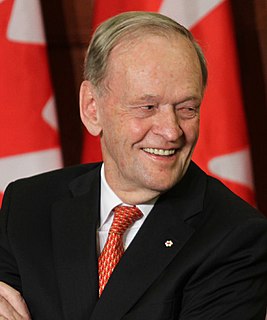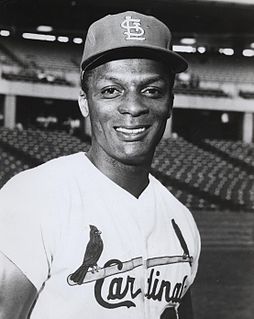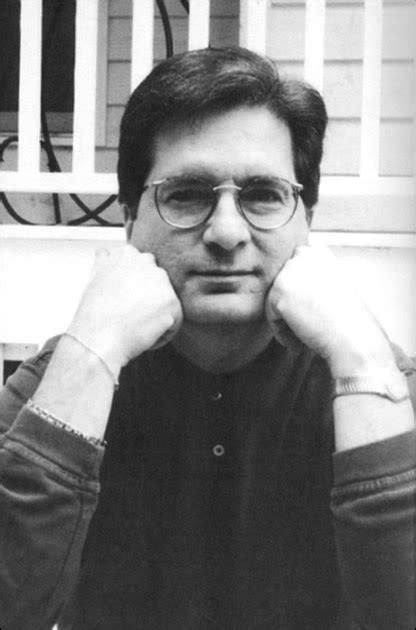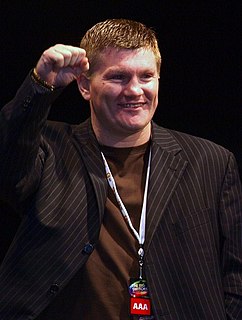A Quote by Cilla Black
Related Quotes
I learned early that business is business and politics is politics. The proof is how few important businessmen have made good politicians. They may think that they are very smart about everything because they made millions of dollars by digging a hole in the ground and finding oil, but the talent and luck needed to become rich are not the same talent and luck needed to succeed on Parliament Hill.
We wanted to more richly experience why we were alive, not just make a better life, and so people went in search of things. The great thing that came from those that time was to realize that there was definitely more to life than the materialism of the late sixties and early sixties. We were going in search of something deeper.
I felt so much when I was fifteen, sixteen, seventeen, I felt everything. I didn't understand [myself], I was so happy yet so angry and sad. That was the point when I realized that I needed to tell stories and make characters come alive and I needed to make people cry, and make people angry, and make people happy, and make them laugh.
I have been blowing past the majority of my opponents, so people get the impression of me as an attacking, body punching, and brawler type. I do like to put the pressure on, but I have very underrated boxing skills. I have won nine amateur titles. I had 80 amateur fights, and won 76 if them. You do not get that kind of record without having talent. The good thing is I have not really needed all my talent yet. When I get an opportunity to show that talent, people will start taking me more seriously.




































